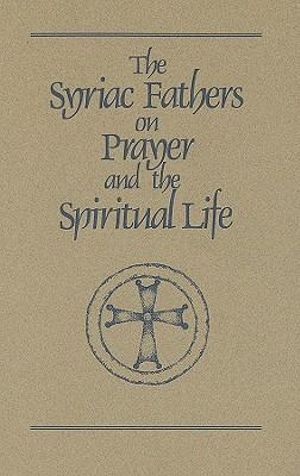"Over the past 30 years Americans have been forced to finance the Mubarak family living large. So when you see pictures of depression in Detroit, when you see abandoned housing in Detroit, when you see boarded up housing, when you see 50,000 dogs running through the streets of Detroit, when you see a once great nation, once great city lying in decay, you think about your politicians who chose to send that money to Egypt and not keep it here at home. As Detroit decays, as the money is stolen and squandered around the world, but as Detroit decays, as Chicago is overrun with violence, as Americans struggle to put food on the table, Mubarak and his family dined on caviar and champagne. As Mubarak flew to Europe for weekends on his jet and lived the life of a king, his people rotted in jail indefinitely without charge, without trial." - Senator Rand Paul (source of transcript).
An excerpt from, "Senate Overwhelmingly Rejects Rand Paul’s Proposal to Halt $1.5 Billion in Allocated Egypt Aid" (The Blaze, July 31, 2013):
The Senate roundly rejected a proposal Wednesday to redirect aid for Egypt into bridge-building projects in the U.S. after a potential Republican presidential candidate and Tea Party favorite challenged the Obama administration’s refusal to label the ouster of Egypt’s president a military coup.II.
Senator Rand Paul's statements about Washington financing dictators in the Middle East at the expense of democracy and human rights has value. The Evil Empire uses foreign aid as a noose to rein nations into its dog house of disgrace and dishonour, such as Pakistan.
But not everything Senator Paul said about Egypt was exactly accurate. There was no clear-cut military coup in Egypt. The people demanded the swift removal of Morsi and the Muslim Brotherhood. Dr. Amatzia Baram, professor of Middle Eastern history at the University of Haifa, describes it as, "a revolutionary popular coup d’etat."
Say what you want about the current general in charge, but at least he isn't going around the country and saying Jews are the descendants of "apes and pigs." Morsi used this exact phrase. Morsi worked at NASA, so he obviously doesn't believe the racist garbage that he spewed, but he exploited popular prejudice against Jews to gain greater credibility, which shows how big of a slimy political animal he was in office.
Morsi was calling Jews apes and pigs on the street while collaborating with Israeli occupiers behind the scenes and fighting Israel's war against Assad and Hezbollah by endorsing Jihad in Syria. It doesn't matter how Egyptians got rid of him. Civilized humanity should celebrate that they did.
Video Title: Sen. Rand Paul Introduces Amendment to Eliminate Aid to Egypt - 7/31/13. Source: Senator Rand Paul.















